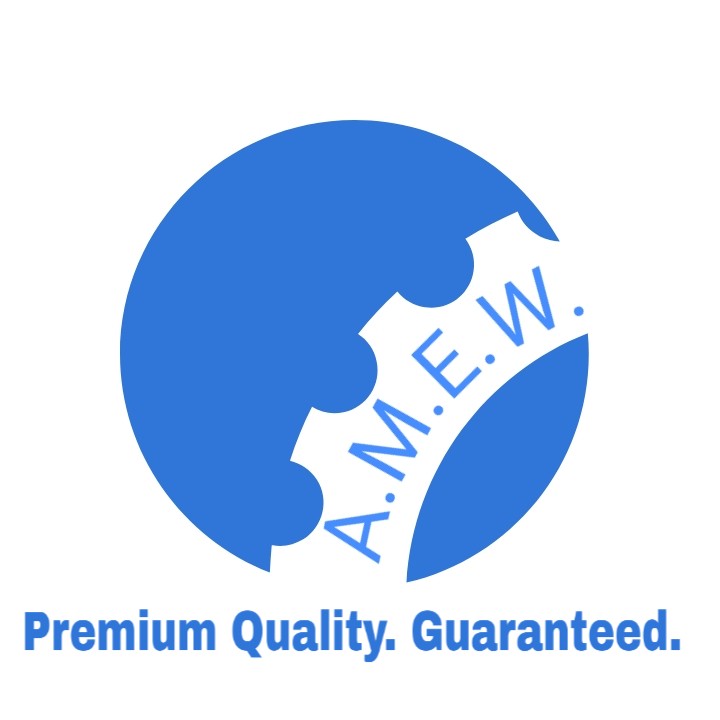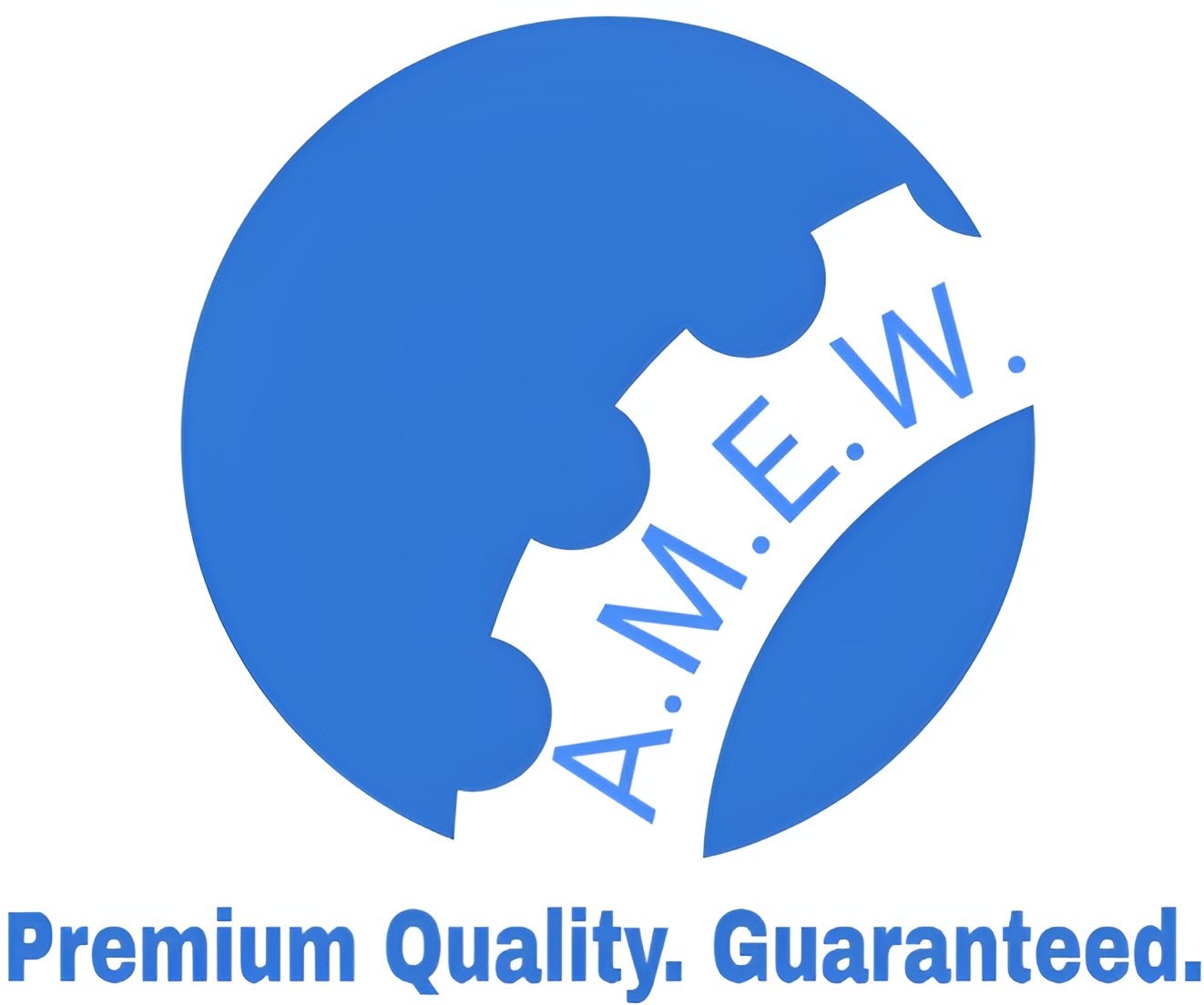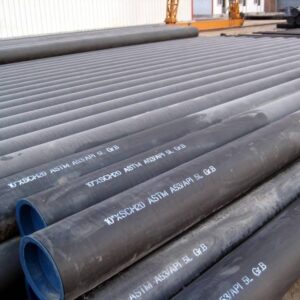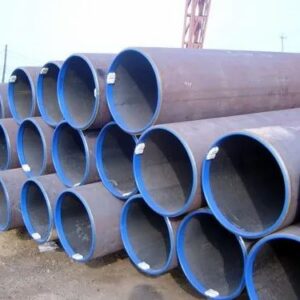Description
ASTM A106 Grade C Pipe: Overview
ASTM A106 Grade C is a specification for seamless carbon steel pipes designed for high-temperature service. These pipes are commonly used in industries such as oil & gas, power generation, petrochemical, and boiler applications where the transportation of fluids and gases under high pressure and temperature is required. ASTM A106 Grade C is the strongest among the A106 series due to its higher carbon content, providing higher tensile strength and better performance in extreme conditions.
Key Properties of ASTM A106 Grade C Pipe
- High Strength: Grade C pipes have the highest tensile strength among A106 grades, providing better durability and resistance to stress in high-pressure systems.
- Temperature Resistance: Suitable for high-temperature environments, making it ideal for industries like power plants, refineries, and chemical processing.
- Weldability: Despite the high carbon content, ASTM A106 Grade C pipes are still weldable, although preheating and post-weld heat treatment may be required to avoid cracking.
- Corrosion Resistance: While not inherently corrosion-resistant, these pipes can be externally coated or lined with corrosion-resistant materials for protection in aggressive environments.
- Seamless Manufacturing: ASTM A106 pipes are manufactured without seams, making them stronger and more reliable than welded pipes in high-pressure applications.
Mechanical Properties of ASTM A106 Grade C
| Property | Value |
|---|---|
| Tensile Strength | 485 MPa (70,000 psi) |
| Yield Strength | 275 MPa (40,000 psi) |
| Elongation | ≥ 30% |
| Hardness | 179 HB (Brinell hardness) |
Chemical Composition of ASTM A106 Grade C
| Element | Maximum Percentage (%) |
|---|---|
| Carbon (C) | 0.35 |
| Manganese (Mn) | 0.29-1.06 |
| Phosphorus (P) | 0.035 |
| Sulfur (S) | 0.035 |
| Silicon (Si) | 0.10-0.40 |
Applications of ASTM A106 Grade C Pipe
ASTM A106 Grade C pipes are used in a wide range of industries where high-pressure, high-temperature service is required. Common applications include:
| Industry | Application |
|---|---|
| Oil & Gas | Transportation of oil, natural gas, and other hydrocarbons under high pressure |
| Power Generation | Boiler tubes, heat exchangers, superheater pipes |
| Petrochemical | Piping for chemical processing and refineries |
| Shipbuilding | Marine and offshore platforms for gas transmission |
| Construction | High-pressure water and steam piping in industrial buildings |
Advantages of ASTM A106 Grade C Pipes
- High Temperature Performance: The ability to withstand high-temperature environments makes it perfect for steam lines, power plants, and refineries.
- Strength and Durability: Grade C offers higher strength compared to Grades A and B, ensuring that the pipes can handle more demanding applications.
- Seamless Design: Seamless pipes are free from weld defects, making them more reliable for critical applications like high-pressure systems.
- Versatility: ASTM A106 Grade C pipes are compatible with various applications involving gas, oil, steam, and other fluids.
Comparison Between ASTM A106 Grades A, B, and C
| Property | ASTM A106 Grade A | ASTM A106 Grade B | ASTM A106 Grade C |
|---|---|---|---|
| Tensile Strength (MPa) | 330 | 415 | 485 |
| Yield Strength (MPa) | 205 | 240 | 275 |
| Carbon Content (%) | 0.25 | 0.30 | 0.35 |
| Application | Low-pressure systems | Medium-pressure systems | High-pressure, high-temperature systems |
Common Standards and Testing for ASTM A106 Grade C
ASTM A106 Grade C pipes must undergo a variety of tests to ensure their reliability and performance in critical applications:
- Tensile Test: Determines tensile strength, yield strength, and elongation.
- Bend Test: Evaluates the ductility of the pipe.
- Flattening Test: Ensures that the pipe can be flattened without cracking.
- Hydrostatic Test: Assesses the pipe’s ability to withstand internal pressure.
- Non-Destructive Tests: Includes ultrasonic testing (UT) and magnetic particle inspection (MPI) to detect internal and surface defects.
Sizes and Dimensions
ASTM A106 Grade C pipes are available in various sizes and wall thicknesses to meet specific project needs. The size range typically includes:
- Nominal Pipe Size (NPS): 1/8” to 48”
- Wall Thickness: Sch 40, Sch 80, Sch 160, and XS, XXS
- Length: Single random, double random, or cut lengths based on project requirements.






